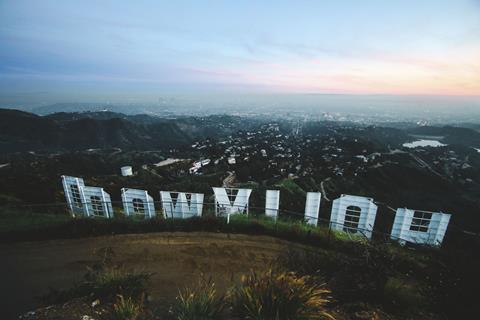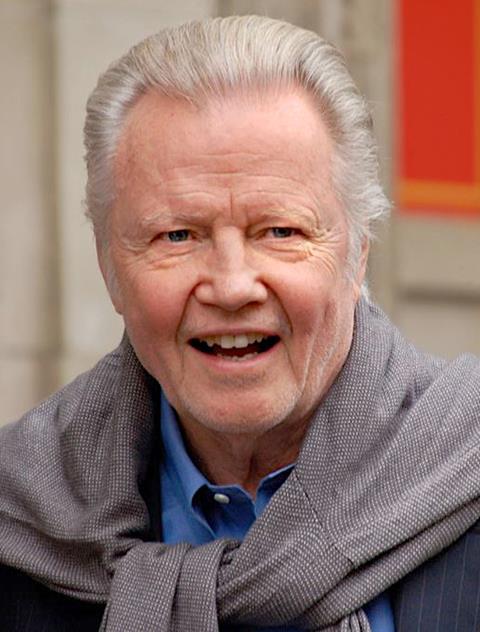Midnight Cowboy actor points to co-production pacts, tax incentives and ‘limited’ tariffs

Top-line details have emerged of Jon Voight’s plan to revive Hollywood, a day after president Donald Trump threatened to place a 100% tariff on films produced outside of the States.
Voight is one of Trump’s so-called “special ambassadors” to Hollywood, alongside Mel Gibson and Sylvester Stallone, a trio that have been tasked with creating a strategy to return film and TV production to the US.
Details released about Voight’s plan, which he has worked on with his producing partner Steven Paul, are light but include co-production treaties with other countries, federal tax incentives for production and post-, and infrastructure subsidies for owners of production firms and cinemas.

The plan, which has been submitted to Trump, also suggests tariffs could be implemented “in certain limited circumstances,” a release from Voight’s team said.
The actor, who has starred in Coming Home and Heat, has been meeting with a raft of US industry leaders over recent weeks to prepare the document although US reports suggest Gibson and Stallone were not involved in Voight’s plan.
“The president loves the entertainment business and this country, and he will help us make Hollywood great again,” said Voight.
“We look forward to working with the administration, the unions, studios, and streamers to help form a plan to keep our industry healthy and bring more productions back to America.”
Voight also took to social media to discuss his strategy, which he said would revive the industry and boost employment.
“Many Americans have lost jobs to productions that have gone overseas. [We] have brought forward recommendations to the President for certain tax provisions that can help the industry, some provisions that could be extended and others that could be revived or instituted,” Voight said.
“This would help the movie and television production and our beloved [movie] theaters that are so important to the American family experience.”
Trump’s threat to implement a 100% tariff on non-US films took the industry by shock on Sunday night, with fears that it could also hit high-end TV productions.
A White House rep subsequently said that “no final decisions” had been made on foreign film tariffs.
Trump also rowed back on Monday, saying that he is “not looking to hurt the industry” and would meet with industry leaders about next moves.







No comments yet